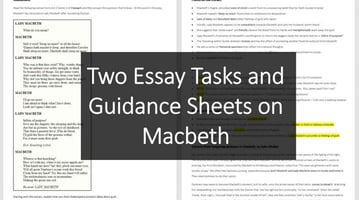Fundamentally, all of us are prone to making what are called ‘cognitive errors’ – lapses in...
300 Words: Favourable Circumstances and Unglamorous Systems
Cass Sunstein, a legal scholar at Harvard University, recently published the first draft of an essay on The Beatles and their phenomenal success. The central point he makes, without diminishing the prodigious talent of the band members, is that they were actually very lucky. For example, he highlights that it was a significant stroke of good fortune to have an enthusiastic manager in Brian Epstein and a producer who was way ahead of his time in George Martin.
We usually attribute success – both the success of others and our own – to gritty perseverance and innate talent because it’s a narrative that places us front and centre as the drivers of our own destiny. However, the inconvenient truth is that favourable circumstances are also vital. To return to Sunstein’s essay: it’s unlikely that The Beatles would’ve made it without so many things going their way. There’s a parallel with teaching, I think. Our job, at a foundational level, is to contrive favourable circumstances that help our students achieve success.
There’s been plenty written about what seems to work and why, and we know more about the science of learning now than we perhaps ever have done. In this sense, it’s a good time to be a teacher. However, I suspect it will always remain the case that the success of our students will be contingent on the unglamorous systems that help to regulate behaviours and expectations.
For example, how a lesson begins can be influenced by greeting students at the door and providing a task they get can get on with straight away. Positive norms can be shaped by explicitly praising students for working hard. And students can be nudged into active participation by extending wait time during questioning. Simple routines for learning of this nature produce compound benefits that really help those we teach, particularly the most disadvantaged.
Thanks for reading –
Doug

.jpg?width=50&name=douglas-wise%20(2).jpg)



